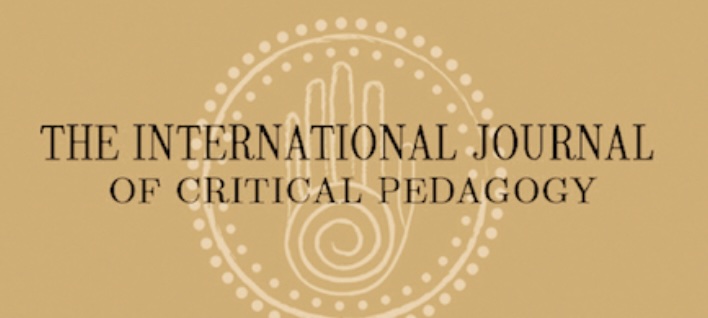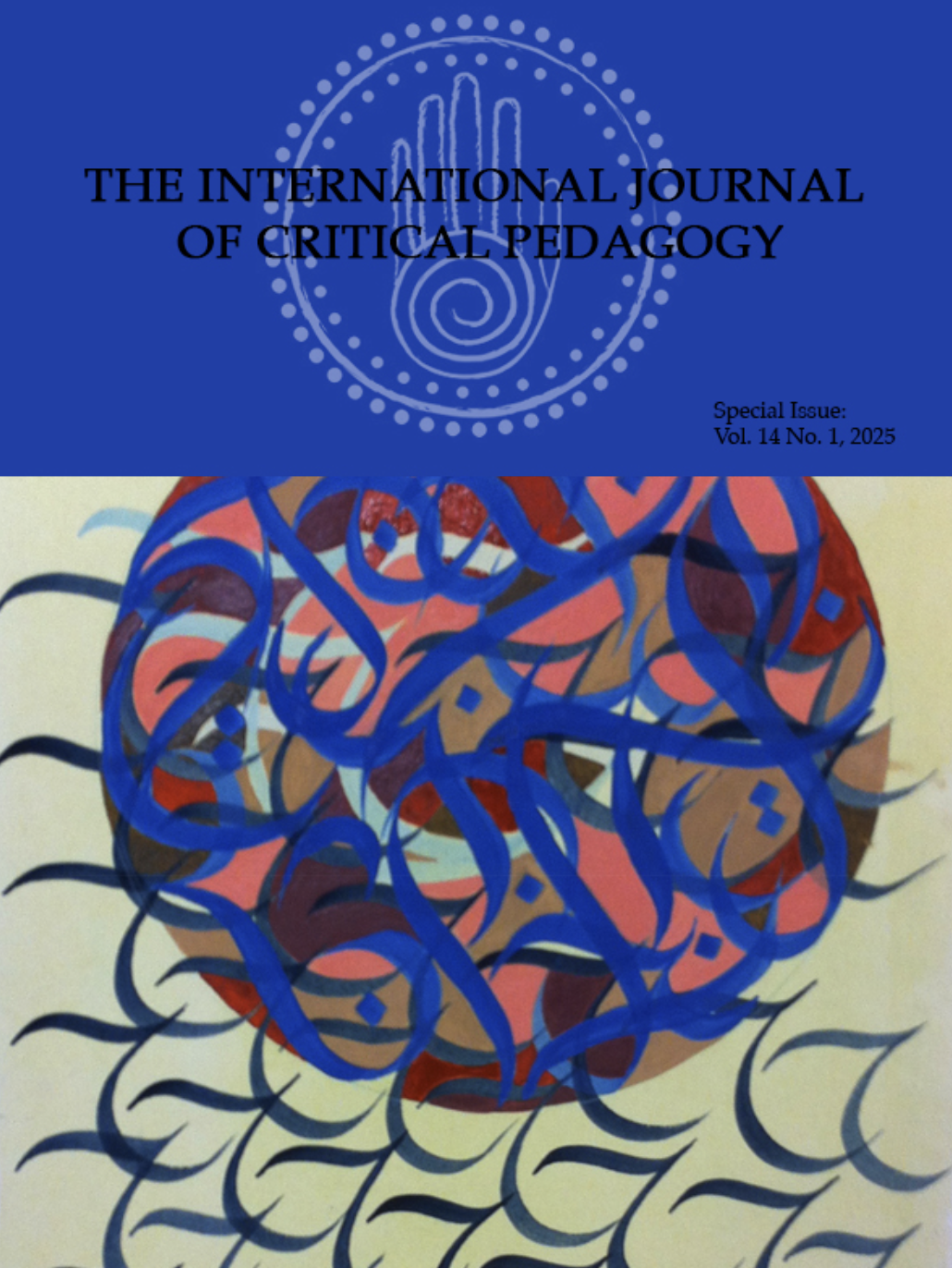Abstract
In recent years, scholars, journalists, and citizens have turned to Hannah Arendt’s writings to make sense of human plurality and resist right-wing nationalist movements around the globe. This article discusses Arendt’s ideas of plurality, narratives, and politics and describes how these ideas can help critical literacy theory focus on both social groups and unique persons. For Arendt, the human world is a world of plurality because it includes not only diverse social groups, but also human selves living unique versions of group lives. This latter kind of plurality is difficult to see in some approaches to critical literacy. Arendt argues the plurality of unique persons becomes visible when people tell life narratives in particular ways. Given this view of plurality and narratives, the political question of who counts as members of a public is, in part, a question of whose stories are told. Arendt insists this is not only a question of a person telling her own story; it is also a question of a person hearing her story told by others. These arguments can add new dimensions to critical literacy’s view of diversity and the politics of reading, writing, speaking, thinking, and listening.
Keywords: critical literacy, Arendt, plurality, narratives, politics
How to Cite:
Collin, R. & Muth, W., (2020) “Plurality, Narratives, and Politics: What Hannah Arendt can Offer Critical Literacy Theory”, International Journal of Critical Pedagogy 11(1).
Downloads:
Download PDF
View PDF

